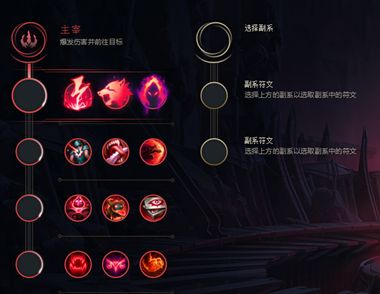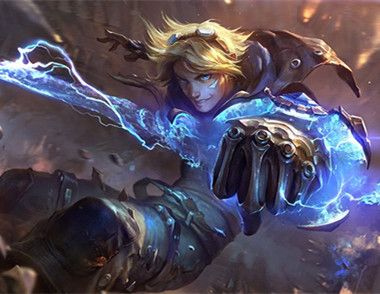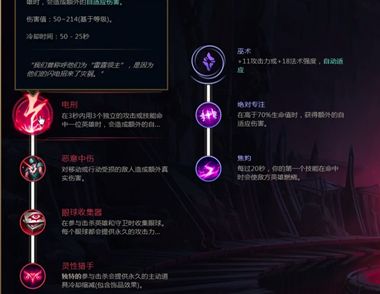前几天Boss就反应说,机器每次启动程序都会闪一下黑屏,这个客户不接受。没办法,只能想想怎么解决,最后找到了下面的方法。闪黑屏的原因主要是我们启动Activity的时候,需要跑完onCreate和onResume才会显示界面。也就是说需要处理一些数据后,才会显示。按照这种思路,是不是我把初始化的工作尽量减少就可以避免黑屏?事实是,就算你onCreate啥都不做,仍然会闪一下黑屏,因为初始化解析界面时需要一定时间。下面是解决办法:
1、自定义Theme
代码如下:
设置背景图Theme
style name="Theme.AppStartLoad" parent="android:Theme"
item name="android:windowBackground"@drawable/ipod_bg/item
item name="android:windowNoTitle"true/item
/style
//2、设置透明Theme
style name="Theme.AppStartLoadTranslucent" parent="android:Theme"
item name="android:windowIsTranslucent"true/item
item name="android:windowNoTitle"true/item
/style
上面我定义了两种Theme,第一种Theme就是设置一张背景图。当程序启动时,首先显示这张背景图,避免出现黑屏。第二种Theme是把样式设置为透明,程序启动后不会黑屏而是整个透明了,等到界面初始化完才一次性显示出来。下面说说两种方式的优缺点:
•Theme1 程序启动快,界面先显示背景图,然后再刷新其他界面控件。给人刷新不同步感觉。
•Theme2 给人程序启动慢感觉,界面一次性刷出来,刷新同步。
2、修改AndroidManifest.xml
为了使上面Theme生效,我们需要设置一些Activity的Theme
代码如下:
application
android:allowBackup="true"
android:icon="@drawable/ipod_icon"
android:label="@string/app_name"
android:launchMode="singleTask"
!-- iPod主界面 --
activity
android:name="com.apical.apicalipod.IPodMainActivity"
!-- 使用上面定义的样式 mythou--
android:theme="@style/Theme.AppStartLoad"
android:label="@string/app_name"
intent-filter
action android:name="android.intent.action.MAIN" /
category android:name="android.intent.category.LAUNCHER" /
/intent-filter
/activity
//......
/application
•可以在Activity里面增加上面自定义的样式。另外在Application里面增加也是可以的,而且是全局效果。
•自定义Theme放在 /res/values/styles.xml 里面。如果没有这个文件,自己添加一个即可。
•如果存在多个Activity切换,中间也可能会存在短暂黑屏问题。原因也是Activity启动的时候需要初始化加载数据,如果想避免这种情况,可以在你切换的Activity里面增加上面的样式。
•上面两种样式都可以避免黑屏。可以实际测试一下你的程序选择一种效果。
•这个只是把黑屏避免了,但是如果你程序初始化启动慢,还是会给人程序启动慢的感觉。需要自行优化程序初始化过程。
3、Theme属性详解
代码如下:
android:theme="@android:style/Theme.Dialog" //Activity显示为对话框模式
android:theme="@android:style/Theme.NoTitleBar" //不显示应用程序标题栏
android:theme="@android:style/Theme.NoTitleBar.Fullscreen" //不显示应用程序标题栏,并全屏
android:theme="Theme.Light " //背景为白色
android:theme="Theme.Light.NoTitleBar" //白色背景并无标题栏
android:theme="Theme.Light.NoTitleBar.Fullscreen" //白色背景,无标题栏,全屏
android:theme="Theme.Black" //背景黑色
android:theme="Theme.Black.NoTitleBar" //黑色背景并无标题栏
android:theme="Theme.Black.NoTitleBar.Fullscreen" //黑色背景,无标题栏,全屏
android:theme="Theme.Wallpaper" //用系统桌面为应用程序背景
android:theme="Theme.Wallpaper.NoTitleBar" //用系统桌面为应用程序背景,且无标题栏
android:theme="Theme.Wallpaper.NoTitleBar.Fullscreen" //用系统桌面为应用程序背景,无标题栏,全屏
android:theme="Theme.Translucent" //透明背景
android:theme="Theme.Translucent.NoTitleBar" //透明背景并无标题
android:theme="Theme.Translucent.NoTitleBar.Fullscreen" //透明背景并无标题,全屏
android:theme="Theme.Panel " //面板风格显示
android:theme="Theme.Light.Panel" //平板风格显示
4、Theme和Style
Android里面除了Theme外还有Style,例如下面是Launcher里面配置workspace的一个Style
代码如下:
style name="WorkspaceIcon"
item name="android:layout_width"match_parent/item
item name="android:layout_height"match_parent/item
item name="android:layout_gravity"center/item
item name="android:gravity"center_horizontal/item
item name="android:singleLine"true/item
item name="android:ellipsize"marquee/item
item name="android:textSize"12sp/item
item name="android:textColor"#FFF/item
item name="android:shadowRadius"2.0/item
item name="android:shadowColor"#B0000000/item
/style
Style可以理解为一组属性集合,方便不同的View设置使用,我们在View里面使用Style的时候,跟使用Theme是一样的应用方法。那么Style和Theme有什么区别?
下面列出两者区别:
•样式用在单独的View,如:Button、TextView等
•主题通过AndroidManifest.xml中的application和activity用在整个应用或者某个 Activity,主题对整个应用或某个Activity存在全局性影响。
•如果一个应用使用了主题,同时应用下的view也使用了样式,那么当主题与样式属性发生冲突时,样式的优先级高于主题。
上面就是通过Theme解决程序启动闪黑屏问题,并且讲解了Theme和Style,通过Theme配置,其实还可以做个欢迎页面。不过我们都希望程序启动速度越快越好,因此还是需要多多优化自己的程序。
Android 避免APP启动闪黑屏的解决办法(Theme和Style)
下面是个简单易学的Android 避免APP启动闪黑屏的解决办法(Theme和Style)教程,图老师小编详细图解介绍包你轻松学会,喜欢的朋友赶紧get起来吧!










